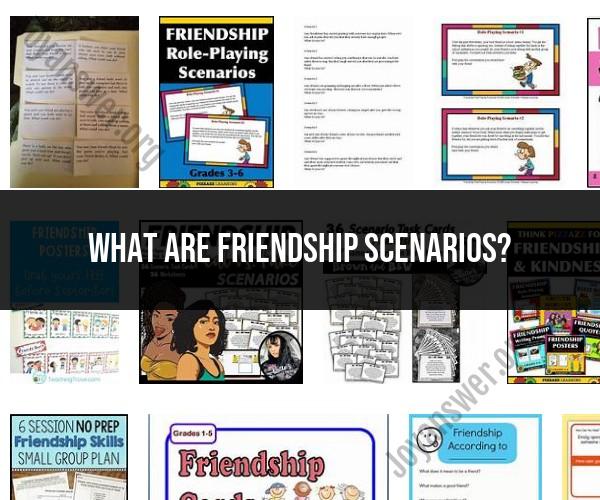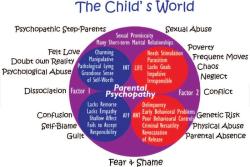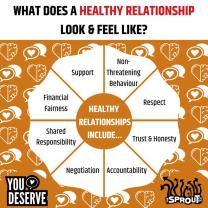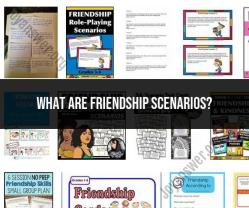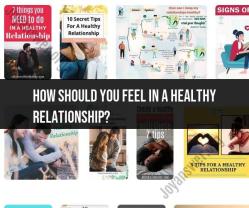What are friendship scenarios?
Friendship scenarios refer to hypothetical or real-life situations that involve friends and explore various aspects of relationship dynamics, communication, and decision-making within friendships. These scenarios are often used for discussion, reflection, or analysis to better understand how friendships work and how individuals navigate different social situations with their friends. Friendship scenarios can cover a wide range of topics and situations, including:
Conflict Resolution: Scenarios that involve disagreements or conflicts among friends and how they resolve them.
Support and Empathy: Situations where friends provide emotional support and empathy to each other during challenging times.
Trust and Loyalty: Scenarios that touch on trust, loyalty, and the importance of keeping confidences within a friendship.
Communication Styles: Exploring how friends communicate, including effective communication and misunderstandings.
Social Activities: Friendships in the context of social events, outings, and gatherings.
Friendship Challenges: Challenges that friends might face, such as changes in life circumstances, distance, or evolving interests.
Decision-Making: Scenarios involving decisions made jointly by friends, such as planning a trip or choosing an activity.
Boundary Setting: Exploring how friends set and respect boundaries in their relationship.
Apologies and Forgiveness: Situations that involve apologies, forgiveness, and reconciliations among friends.
Peer Pressure and Influence: Scenarios that examine how friends may influence each other's choices and behaviors.
Growth and Change: How friends support each other's personal growth and navigate changes in each other's lives.
Friendship scenarios can be used in various contexts, such as educational settings, workshops on interpersonal relationships, counseling, and self-reflection. They serve as a tool to encourage discussions about the complexities of friendships, promote empathy and understanding, and help individuals develop better social and emotional skills for maintaining healthy and meaningful friendships.
